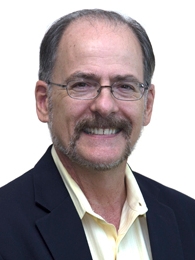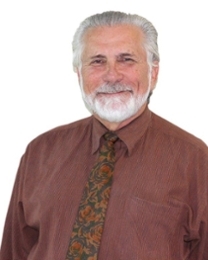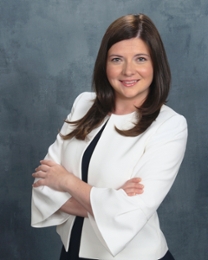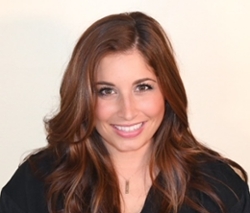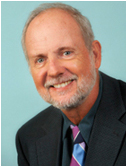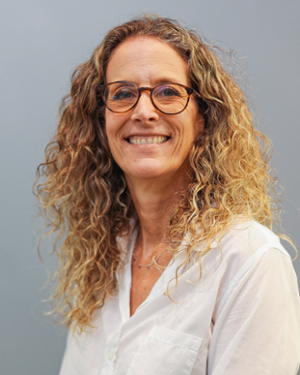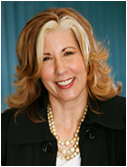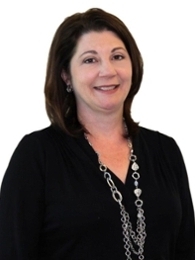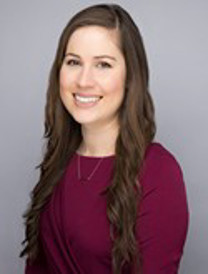School Psychologists Benefit from “Much Faster Than Average” Growth
As more government leaders realize – and prioritize – the vital role of a school psychologist in addressing violence, diverse student academic challenges and many other of today’s most urgent educational issues, school boards are facing a shortage of qualified experts in Florida and nationwide.
According to the U.S. Department of Labor’s Occupational Information Network (O*Net) database, school psychologists are projected to grow “much faster than average.” The Nova Southeastern University Psy.S. School Psychology program is Fully Accredited by NASP and DOE-Approved: preparing you to help children succeed academically, socially, and behaviorally.
Smaller classes assure you more interaction with our national school psychology experts. NSU’s faculty is considered by many of their peers to be among the best in the profession. Convenient evening and weekend schedules keep you progressing without interrupting your career.
DOE-approved, Fully Accredited by NASP

Florida Department of Education

National Association of School Psychologists
Fast Facts
Quick Facts
Which School Psychology Degree is Right for Me – Psy.S. or Psy.D.?
If your goal is to work directly with children in K-12 schools, the Psy.S. degree enables you to graduate sooner, at less cost. If you seek teaching, researching or senior-level roles, you’ll likely need to earn your doctorate.
Meet Our National School Psychology Experts
Unique Clinical and Internship Experiences
You’ll turn theory into satisfying practice through your assessment, consultation, and intervention at the Mailman Segal Center (MSC) for Human Development and the University School of NSU (U School), both part of NSU.
You’ll also broaden your clinical practice perspective at the school-related Psychological Assessments and Clinical Interventions (SPACI) Clinic, housed within the NSU Psychology Services Center.
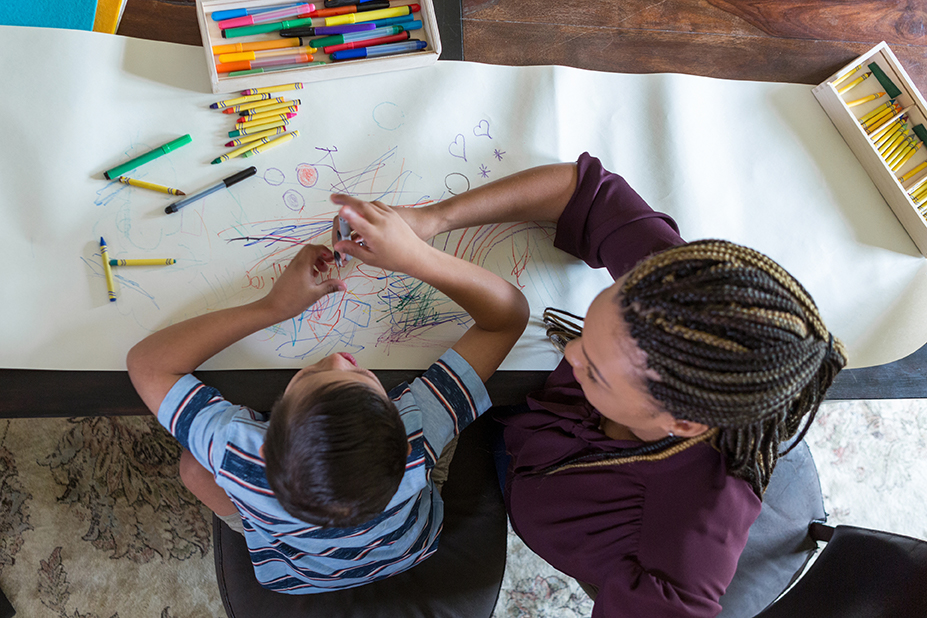

Why Choose NSU?
- Smaller classes
- Fully accredited and DOE-approved
- Empirically based curriculum
- Nationally renowned faculty
- Convenient weekend/evening classes









